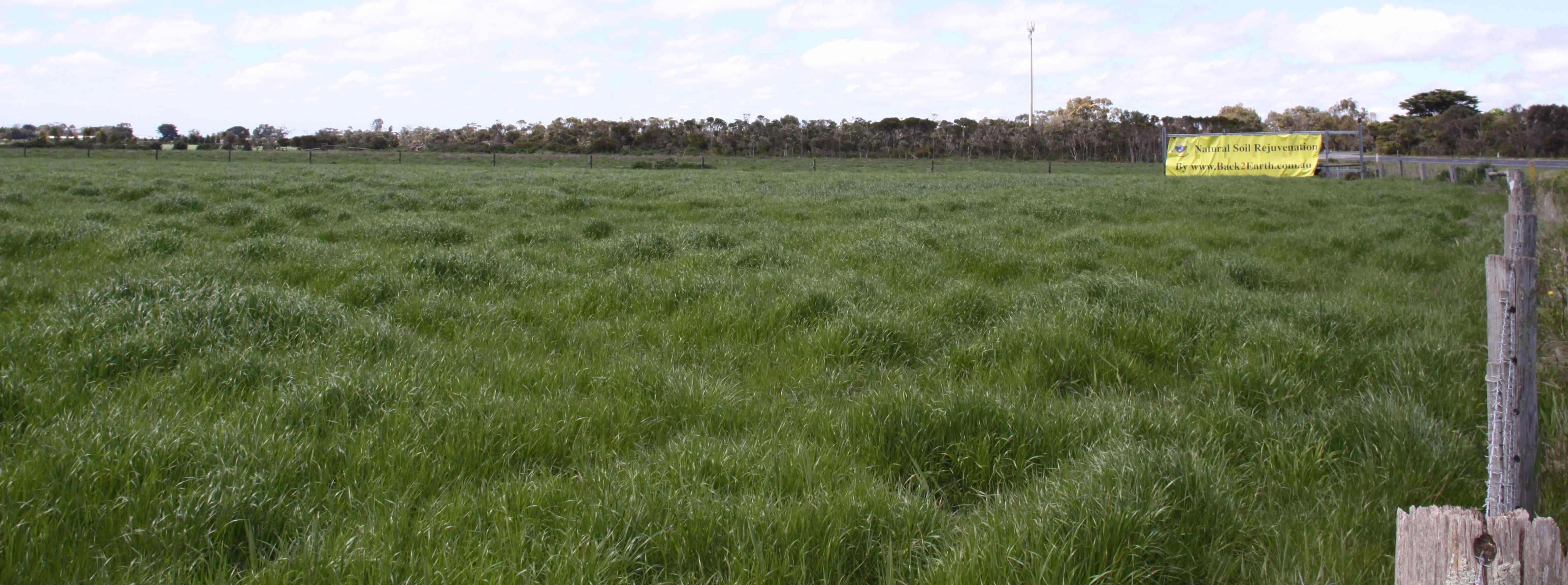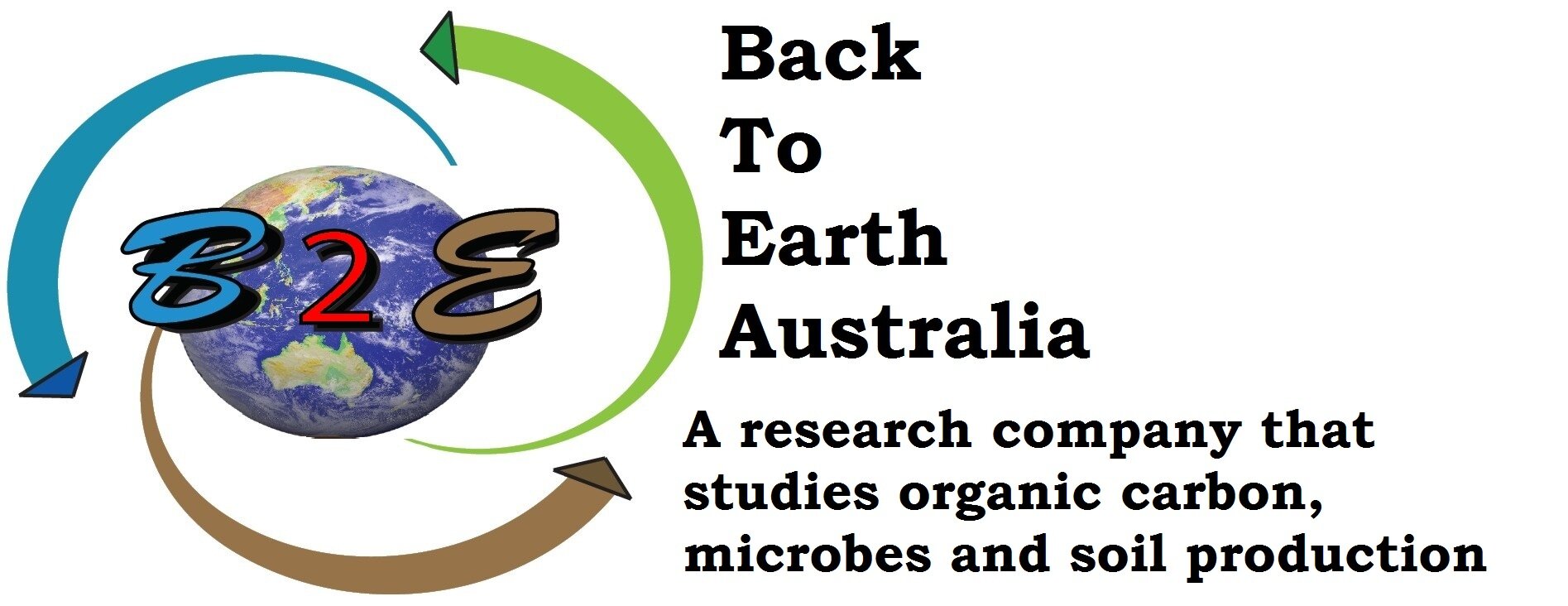Trials
- Types of soils tested.
- Sandy soil (low CEC)
- Heavy clay
- Salt affected soils
- pH effected soils
- Low Calcium:Magnesium ratio
Trials and Demonstrations
Introduction
The recycling of The recycling of organic waste is an environmentally friendly procedure as it mitigates climate changing gases and increases soil carbon levels when applied as compost and castings. For a farmer who has never used recycled organics - the question arises 'Why do I need to?' & 'What will it do for my paddocks and my yield?'
To answer these questions, one must research what is known about the specific scientific mechanisms that occur in the soil pertaining to the action of compost and vermicasts in processing and utilisation. A large volume of the literature arises from countires that are either renouned for environmental concern or countires that lack access to synthetic fertilisers.
The underlying theme of available literature is that compost and vermicast can aid where synthetic fertiliser can not. For healthy strong producing soil compost and castings will not be required and in fact synthetic fertilisers will give better yields...for a while. For soil that has become infertile synthetic fertiliers will not aid yield, and will in fact cause strong algal bloomes in local waterways and have negative down stream effects (i.e. Gippsland Lakes).
Compost (and castings) have been shown to reverse salinity effects and increase soil fertility, which arise, more or less, through the presence of humus and organic carbon, the habitat and food source for a large range of microbes. Furthermore areas suffering from erosion, sand and acidic conditions will also be aided through our process as well. nbsp;
Although there is a large amount of scientific literature ranging in sources such as the Journal of Bioresources Technology to the Journal of Waste Management, most of this information is locked up in scientific technical jargon that is unrelatable to the real world.
The next step to answer these questions is to determine the viability of our product and first and formost if it has any phytotoxic properties. Subsequently our on-site trials showed that the product never caused any burning or die-back and that in fact if you left screened product in any one spot for too long it would disapperar under a mountin of plant growth!
We next decided to offer a trial to several local farmers...
Demonstrations
Special offer
Email us for free advice on which products will suit your unique situation. If you have any scientific tests on your paddock we will be able to best match which products are best for you.
Email us through hereDemonstrations of products
More pictures and trial information will come available as we complete and perform trials.
Example 1

Figure 1: Before any product application

Figure 2: After paddock was conditioned

Figure 3: Ripped, limed and conditioned.

